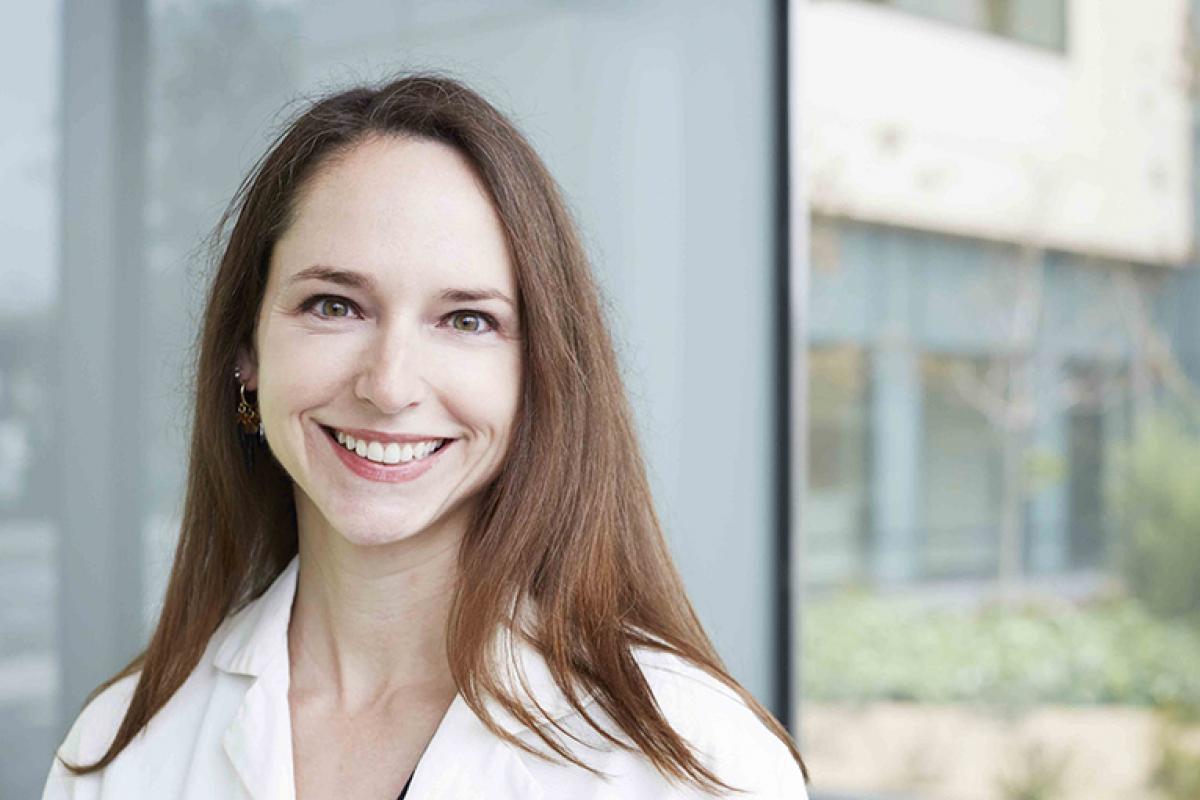UVA’s Population Health Efforts Help Protect Virginians
The best way to treat cancer is to prevent it, and researchers from UVA Health are working throughout the Commonwealth to do just that.
UVA's population health approach is designed to better address the specific needs of the patients we serve: lung, breast, leukemia, colorectal, and late-stage cancers.
For example, southwest Virginia posts one of the highest rates of tobacco use in the nation, so UVA researcher Bob Klesges is focusing on this area to develop smoking cessation options.
“Of all high-risk medical populations, no group needs to quit smoking more than cancer patients and survivors,” says Klesges, who co-directs UVA’s Center for Addiction and Prevention. “Quitting, even after a cancer diagnosis, increases treatment outcomes, reduces treatment complications, and decreases mortality.”

Over the past six years, UVA has expanded its population health efforts related to the primary cancers throughout Virginia. The programs leverage expertise across UVA Health in areas including basic science, oncology specialties, family medicine, addiction science, nutrition, and nursing. Growing this program has long been a priority for Cancer Center Director Dr. Thomas P. Loughran, Jr.
“Dr. Klesges’ excellent work in Appalachia is a great example of the power of preventative medicine,” says Loughran. “The work that Dr. Klesges is currently engaged in will hopefully benefit the families in southwest Virginia for generations to come.”
Building a Cancer Center Without Walls
In order to serve our families not just in our clinics and hospital but in the communities where they live, UVA launched its "Cancer Center Without Walls" program in 2016, with several other investigators taking aim at cancers prevalent in southwest Virginia.
The link between obesity and cancer risk is clear. Research shows that excess body fat increases your risk for several cancers, including breast, colorectal, kidney, and pancreatic. That's why, for the last 10 years, Dr. Jamie Zoellner, through her SipSmartER program, has worked with students in southwest Virginia, many of whom consume three-to-four times the recommended amount of sugary drinks per day. To change this, Zoellner and her colleagues designed curriculum for 7th grade health and physical education courses in 12 middle schools, and they have designed a text message system to help the children’s caretakers reinforce positive habits at home.
Meanwhile, Drs. Roger Anderson and Li Li plan to increase access to screening for cervical and colorectal cancers in Appalachia, both of which also outpace the national average. Anderson is working with health clinics to decrease rates of cervical cancer. Encouraging vaccination to prevent human papillomavirus, or HPV, infections, and routine screenings—as well as educating against smoking—can prevent 90 percent of the cervical cancers. Similarly, Li hopes to increase the rate of patients who seek colorectal screenings, which currently sits at about 50 percent.
Expanding UVA's population health efforts is a critical step toward achieving Comprehensive Cancer Center status in 2021, but more than that, it's the right thing to do.
"Community-based efforts and public health findings can reverse alarming trends in cancer growth," says Loughran. "Private support helps UVA care for Virginians at the right time and at the right place—ideally before a cancer diagnosis is even made."




